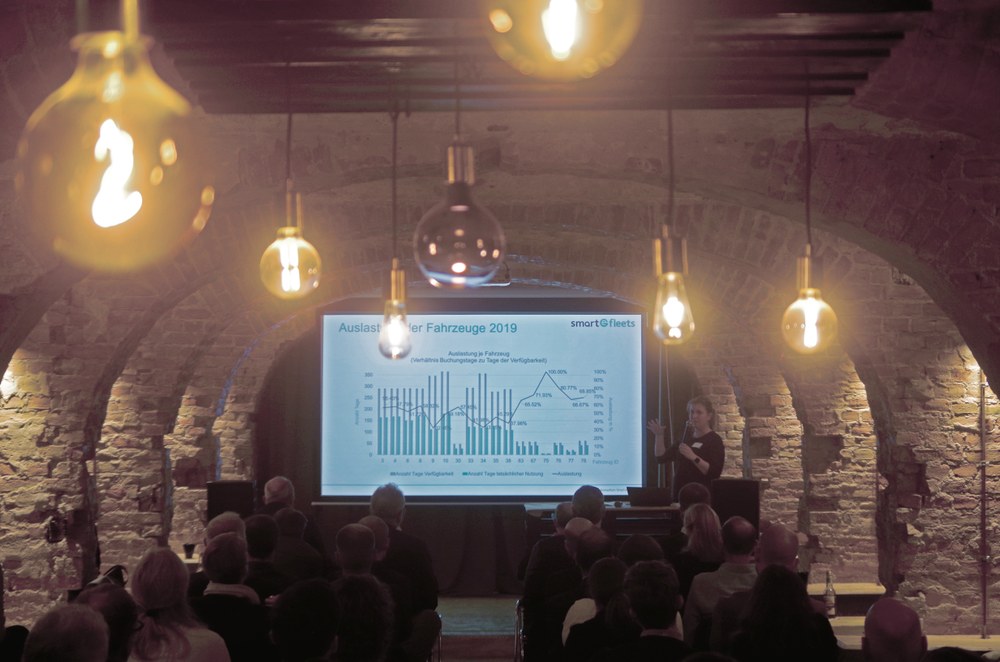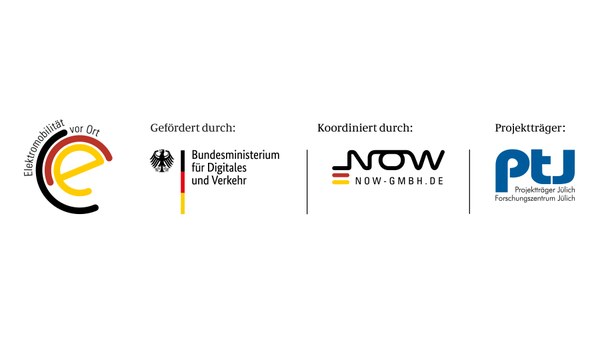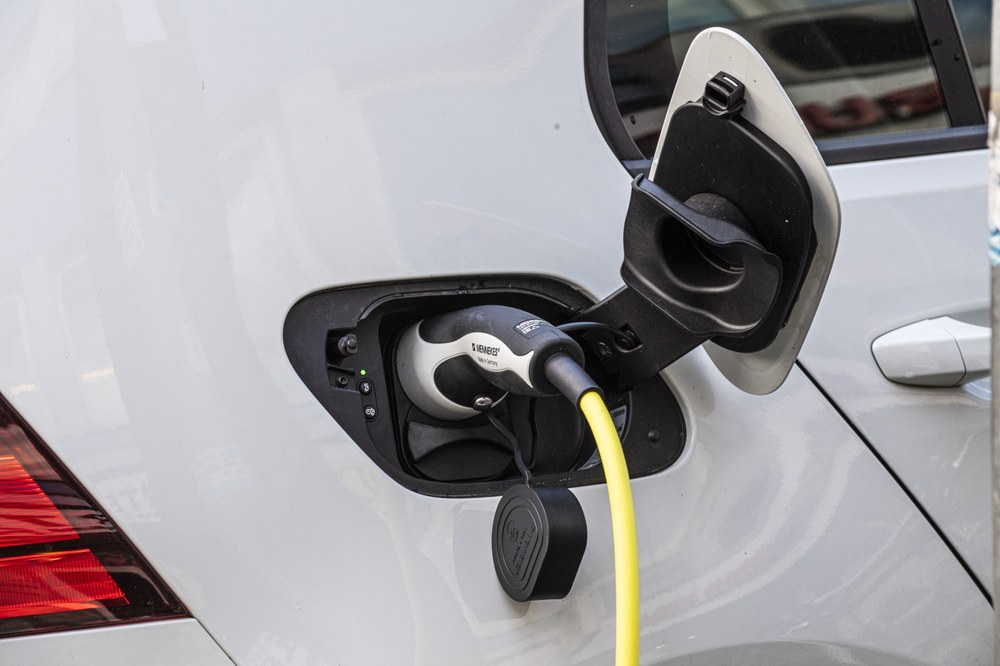Smart eFleets
Synergies for the charging infrastructure
The Berlin supply and disposal companies perform specific public services. This includes supplying citizens with water, energy, and mobility, as well as professional waste disposal, sewage, and street cleaning, including winter services. The vehicles used in personal and goods transport usually have recurring usage patterns with similar daily distances. This favours the use of e-mobility.
Entry into e-mobility
Company fleets with a mix of purely battery-electric and conventionally powered vehicles are particularly suitable for entry into electrification, as long routes can be covered by conventional vehicles. Company vehicles rely on non-public charging infrastructure since their usability must be plannable for users. However, it has been observed that the charging infrastructure, which is costly to set up at company depots, shows low utilisation. Additionally, the local power grid needs reinforcement when electrifying large fleets. The low cost-effectiveness of the charging infrastructure, combined with the high costs of fleet electrification, poses obstacles to consistent electrification of such company fleets.
Sharing between companies
Smart eFleets explores solutions to develop and pilot cross-company vehicle and charging infrastructure sharing at urban supply and disposal companies. The aim is to support and prepare the holistic implementation of e-mobility in company fleets through pooling and sharing approaches by means of experimental and cross-company development efforts in the pilot phase. The participating companies are committed to consistently electrifying their fleets. Against this backdrop, smart eFleets aims to achieve efficiency improvements through a cross-company vehicle pooling approach and increase the utilisation of charging infrastructure. The goal is to make the electrification of vehicle fleets more economical and to reduce the total number of vehicles across all fleets. Another target is to make such approaches usable for other fleet operators and to prepare for the application of the solutions to be researched and developed in real-world operations.

The DLR Institute of Transport Research leads the work packages “Development of an operator model and integration of additional fleets” and “Self and overall economic effects of pooled fleets and shared charging infrastructure, including overall traffic impact and environmental effects”.
Participating project partners
- BVG – Berliner Verkehrsbetriebe (Gesamtkoordinator)
- BSR – Berliner Stadtreinigung
- BWB – Berliner Wasserbetriebe
- Stromnetz Berlin
- DLR Institut für Verkehrsforschung
- Carano Software Solutions GmbH
- in Integrierte Informationssysteme GmbH
- Vattenfall
- eMO


